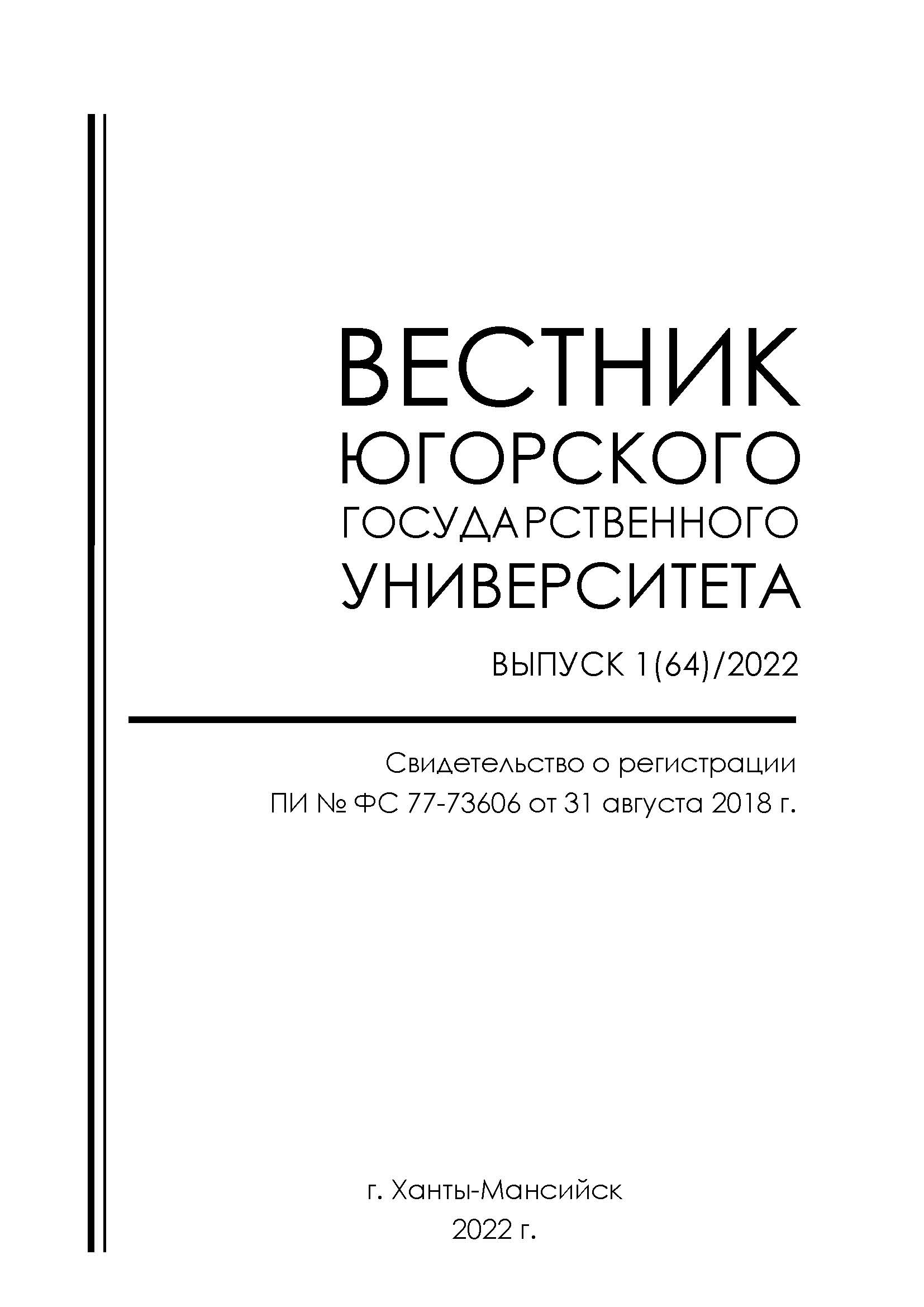Рефлексивное эссе о музыкальном произведении как способ развития творческого потенциала учащихся
- Авторы: Гильманов С.А.1, Зеленая А.В.1
-
Учреждения:
- ФГБОУ ВО «Югорский государственный университет»
- Выпуск: Том 18, № 1 (2022)
- Страницы: 215-225
- Раздел: ПСИХОЛОГИЧЕСКИЕ И ПЕДАГОГИЧЕСКИЕ ИССЛЕДОВАНИЯ ПРОБЛЕМ ОБРАЗОВАНИЯ
- Статья опубликована: 10.05.2022
- URL: https://vestnikugrasu.org/byusu/article/view/107275
- DOI: https://doi.org/10.18822/byusu202201215-225
- ID: 107275
Цитировать
Полный текст
Аннотация
Предметом исследования является влияние написания рефлексивного эссе о прослушанном музыкальном произведении на развитие творческого потенциала личности. Цель – теоретическое обоснование возможности развития творческого потенциала личности при написании рефлексивных эссе и эмпирическое подтверждение предложенного подхода на основе данных пилотажного исследования, проведенного в детской школе искусств г. Ханты-Мансийска (n=22). Теоретическими методами исследования явились анализ, обобщение, систематизация. Эмпирические методы: эксперимент, тестирование, качественный анализ текстов эссе исследуемых.
Авторы проводят краткий анализ методов определения уровня творческого потенциала и обосновывают возможность использования метода опроса. Описаны условия, которые нужно соблюдать при подборе произведений и написании эссе. Приведены доводы в пользу того, что написание эссе не является интерпретацией музыкального произведения, а само прослушивание произведения не является частью психотерапевтических методов. Изложены результаты пилотажного исследования, которые с определенной вероятностью говорят о том, что написание эссе оказало влияние на развитие творческого потенциала исследуемых.
Ключевые слова
Об авторах
Сергей Амирович Гильманов
ФГБОУ ВО «Югорский государственный университет»
Автор, ответственный за переписку.
Email: gsa1109@yandex.ru
доктор педагогических наук, профессор Гуманитарного института
Россия, Ханты-МансийскАлина Викторовна Зеленая
ФГБОУ ВО «Югорский государственный университет»
Email: zav10@mail.ru
аспирант Гуманитарного института
Россия, Ханты-МансийскСписок литературы
- Дружинин, В. Н. Психология общих способностей / В. Н. Дружинин. – Санкт-Петербург : Питер, 1999. – 368 с. – Текст : непосредственный.
- Zavoyskiy, S. Affect-incongruency in emotional responses to music / S. Zavoyskiy, C. L. Taylor, R. S. Friedman. – doi: 10.1037/pmu0000156 // Psychomusicology: Music, Mind, and Brain. – 2016. – № 26 (3). – P. 247–256.
- Renzulli, J. S. Developing Creativity Across All Areas of the Curriculum / J. S. Renzulli // Nurturing creativity in the classroom / eds. R. A. Begetto, J. C. Kaufman. – New York : Cambridge University Press, 2017. – P. 23–44.
- Kemper, K. J. Music as Therapy / K. J. Kemper, S. C. Danhauer // Southern Medical Journal. – 2005 –№ 98 (3). – P. 282–288. – URL: https://pubmed.ncbi.nlm.nih.gov/15813154/ (date of application: 20.01.2022).
- Малинковская, А. В. Исполнительская интерпретация музыкального произведения как объект исследования: к вопросу о доказательности теоретического суждения / А. В. Малинковская. – Текст : непосредственный // Музыкальное искусство и образование. – 2020. – Т. 8, № 4. С. 9–28.
- Рева, В. П. Практикоориентированные стратегии погружения учащихся в художественный мир музыкальных произведений / В. П. Рева. – Текст : непосредственный // Музыкальное искусство и образование. – 2019. – Т. 7, № 1. – С. 25–39.
- Железовская, Г. И. Творческий потенциал и его измерение / Г. И. Железовская, Н. В. Абрамова, Е. Н. Гудкова. – Текст : непосредственный // Сборники конференций НИЦ СОЦИОСФЕРА. – 2014. – № 2. – С. 12–15.
- Кузнецова, А. А. Творческий потенциал студента в аспекте образовательного процесса вуза / А. А. Кузнецова. – Текст : непосредственный // Региональный вестник. – 2020. – № 1 (40). – С. 90–92.
- Виниченко, Т. Н. Творческий потенциал студентов: критерии оценки и уровни сформированности / Т. Н. Виниченко, М. А. Ковалева, Т. Н. Свиридова. – Текст : непосредственный // Экономические и гуманитарные исследования регионов. – 2021. – № 1. – С. 23–29.
- Barbot, B. Creative potential in educational settings: its nature, measure, and nurture / B. Barbot, V. Besançon, T. Lubart. – doi: 10.1080/03004279.2015.1020643 // Education. – 2015. – Vol. 43 (4), № 3–13. – P. 1–11.
- Brito, S. V. Teaching and Detecting The Creative Potential – Experience and Perspectives / S. V Brito // Open access peer-reviewed chapter. – URL: https://www.intechopen.com/chapters/47595 (date of application: 20.01.2022).
- Рогов, Е. И. Настольная книга практического психолога : учебное пособие : в 2 книгах. Книга 2: Работа психолога со взрослыми. Коррекционные приемы и упражнения / Е. И. Рарог. – 2-е издание, переработанное и дополненное. – Москва : ВЛАДОС-Пресс, 2008. – 476 с. – Текст : непосредственный.
- Ражников, В. Г. Диалоги о музыкальной педагогике / В. Г. Ражников. – Москва : Музыка, 1989. – 141 с. – Текст : непосредственный.
- Орлов, Г. А. Древо музыки / Г. А. Орлов. – Вашингтон : H.A. Frager & Co ; Санкт-Петербург : Советский композитор, 1992. – 408 с. – Текст : непосредственный.
- Мамардашвили, М. К. Эстетика мышления / М. К. Мамардашвили. – Москва : Московская школа политических исследований, 2000. – 416 с. – Текст : непосредственный.
Дополнительные файлы







